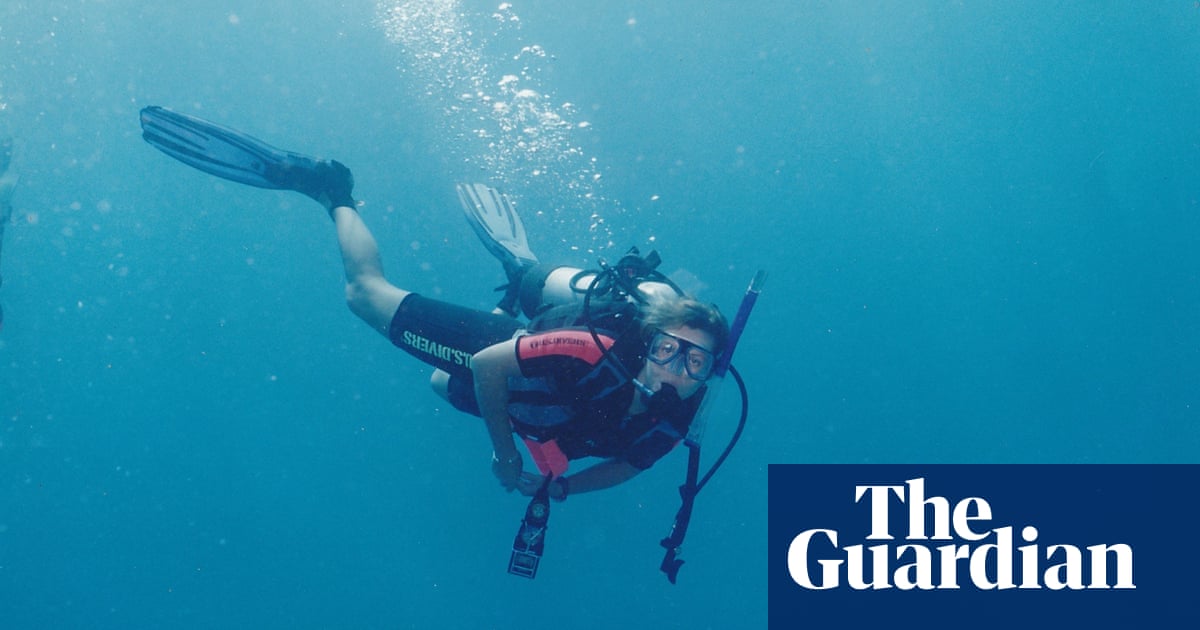bce
Registered
I saw this article in the news today:

 www.theguardian.com
www.theguardian.com
Two experienced dive instructors who took a short, deep dive together from a boat. The water was calm at the surface, but there was an undercurrent that swept them far, far away. They were saved by reflecting light from the sun towards the boat.
How could this situation have been avoided? The author notes that they didn't bring compasses, which surely didn't help, but I don't see what a compass could have done for them in this situation.
It seems to me that the divers should have noted the powerful current and immediately headed back to the surface. Though maybe it's hard to notice such a current if you aren't near the ocean floor. What does everyone here think they should have done?

A moment that changed me: a scuba dive gone horribly wrong taught me the dangers of complacency
I was working on a boat on the Great Barrier Reef, when two crewmates began a 20-minute dive. Hours later, with rescue helicopters circling, there was still no sign of them
Two experienced dive instructors who took a short, deep dive together from a boat. The water was calm at the surface, but there was an undercurrent that swept them far, far away. They were saved by reflecting light from the sun towards the boat.
How could this situation have been avoided? The author notes that they didn't bring compasses, which surely didn't help, but I don't see what a compass could have done for them in this situation.
It seems to me that the divers should have noted the powerful current and immediately headed back to the surface. Though maybe it's hard to notice such a current if you aren't near the ocean floor. What does everyone here think they should have done?




